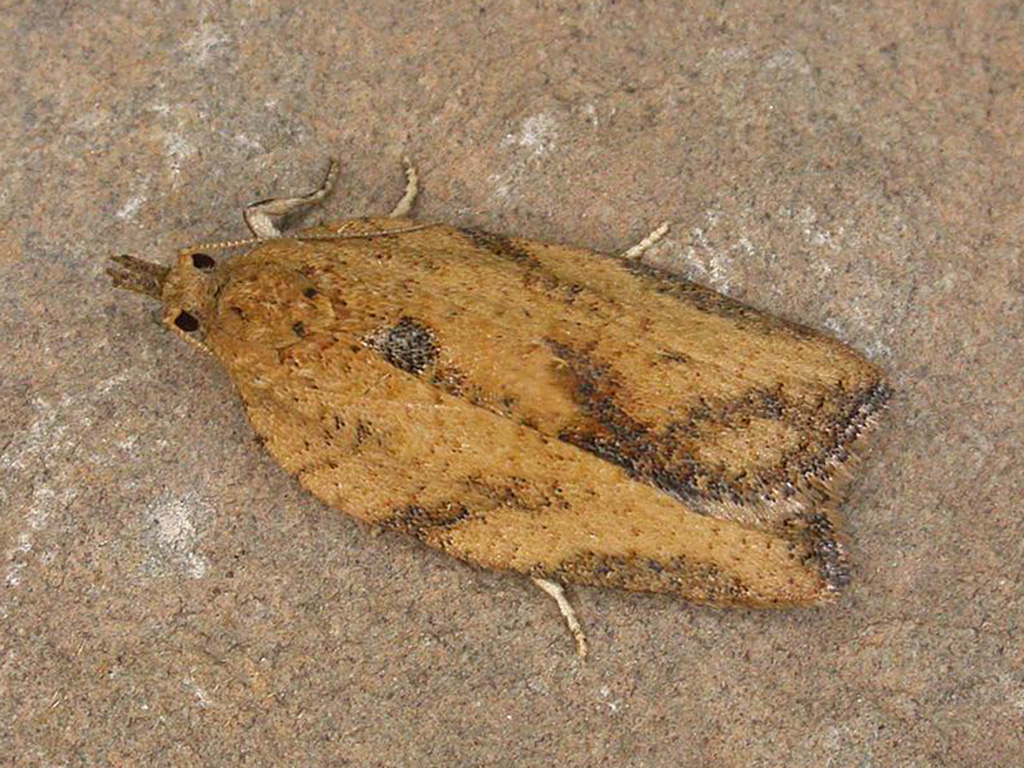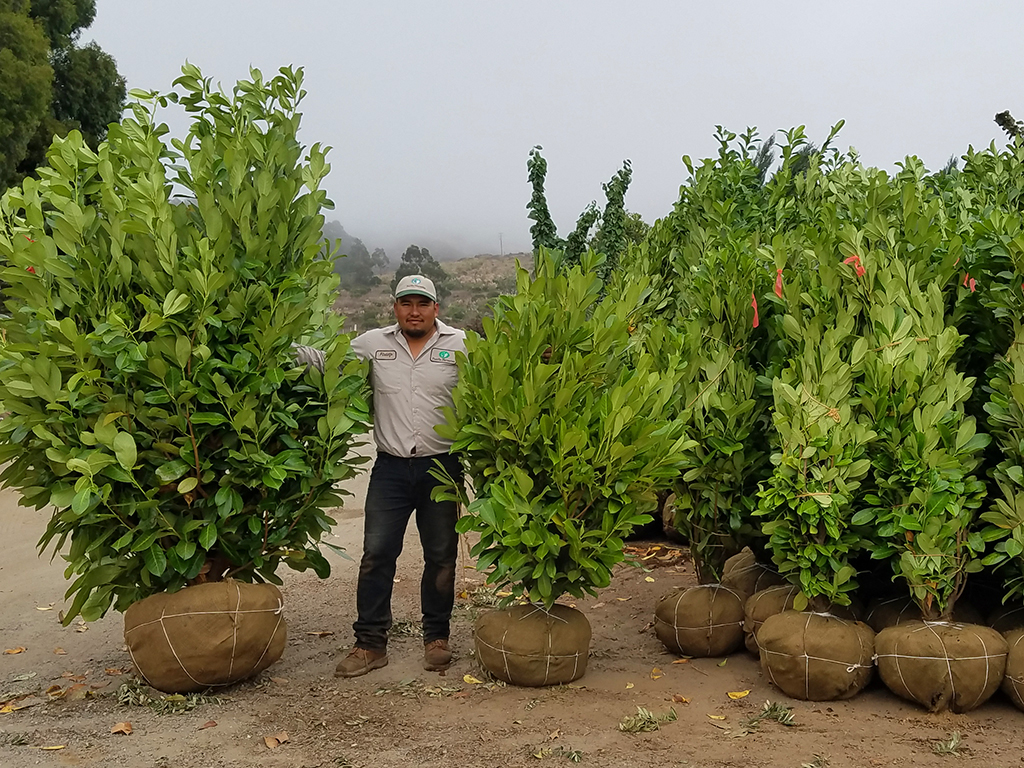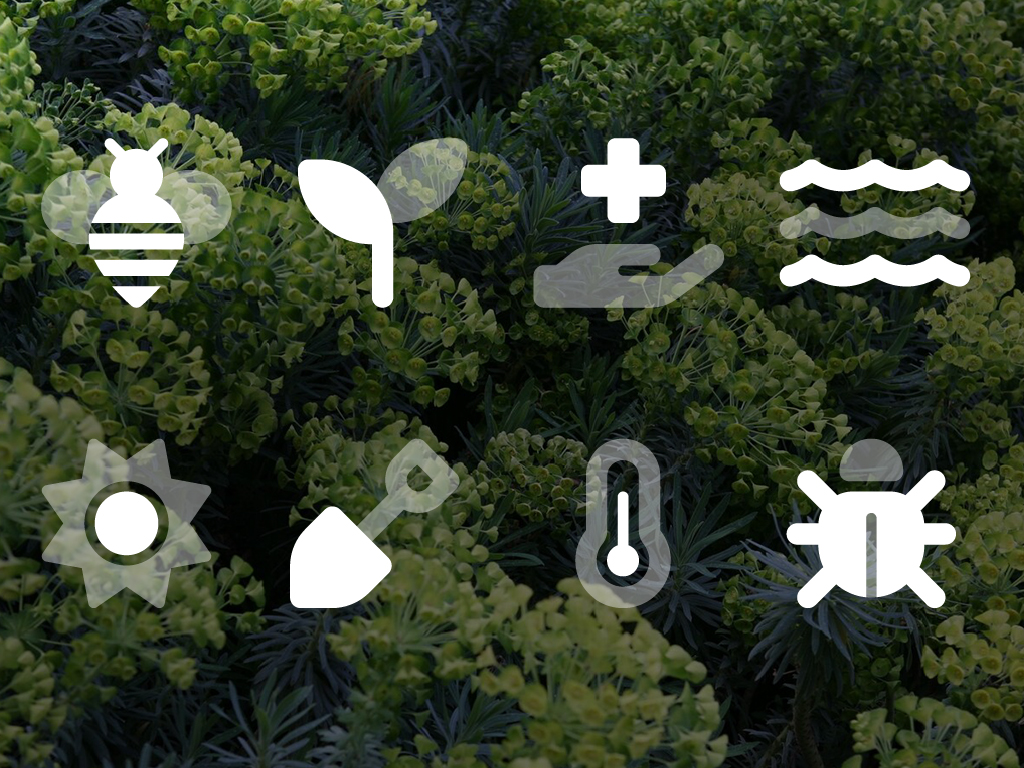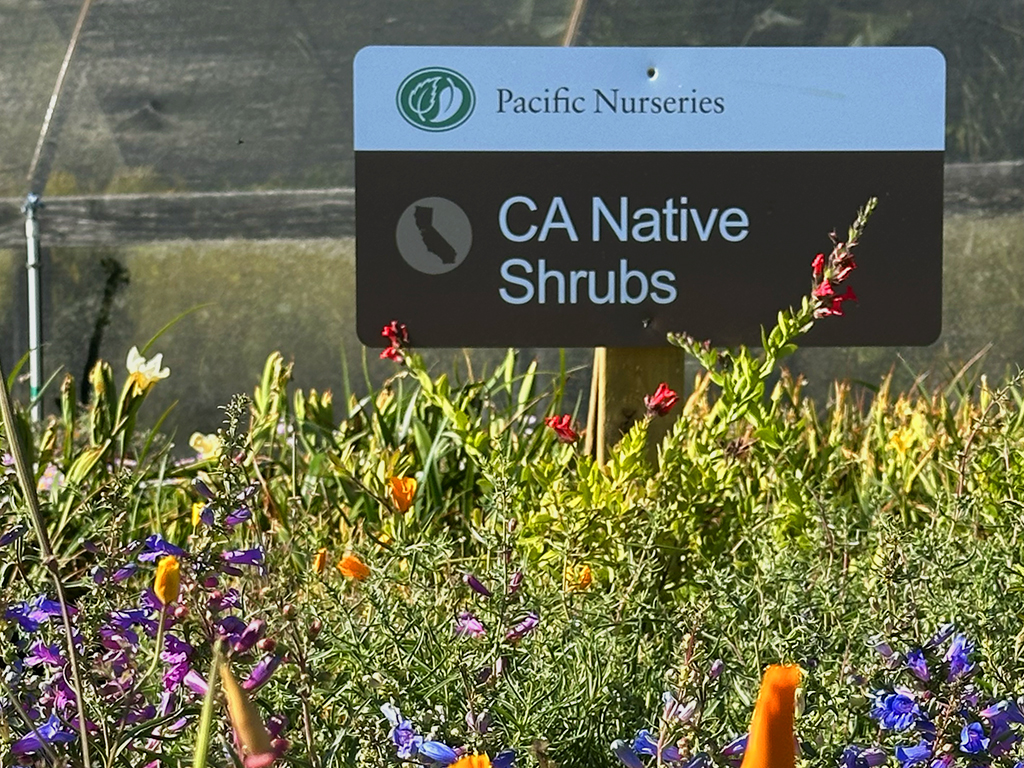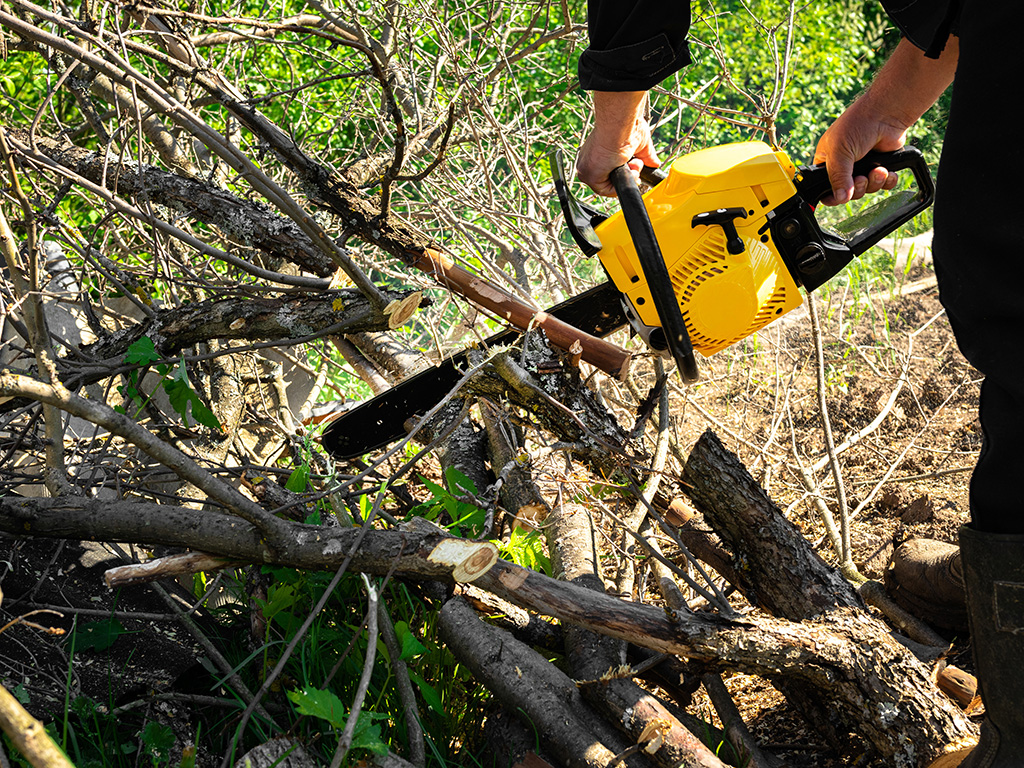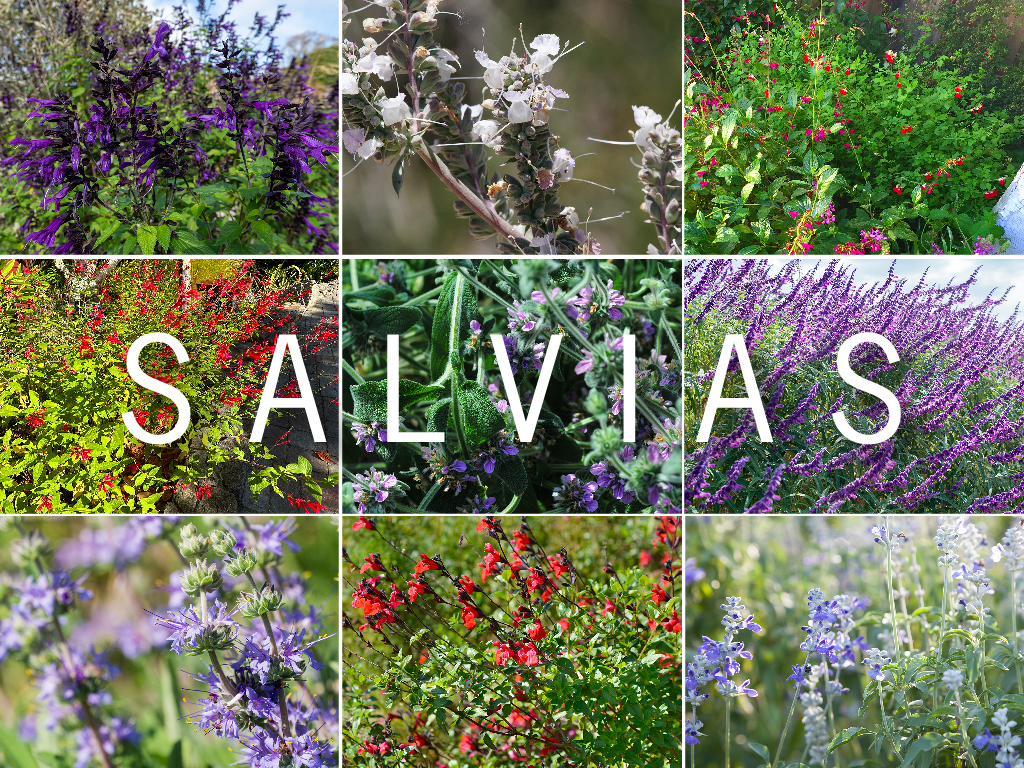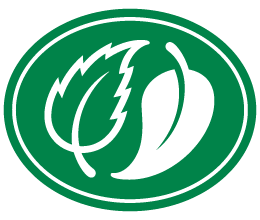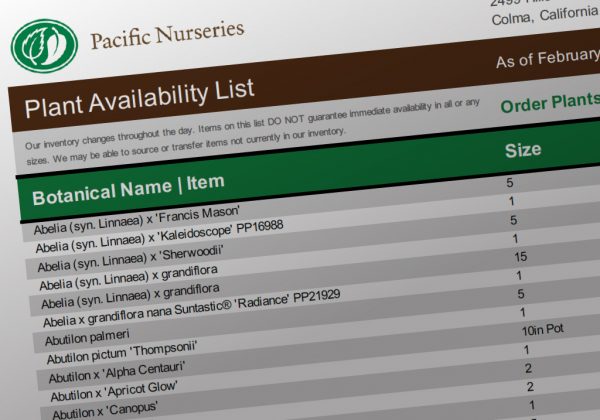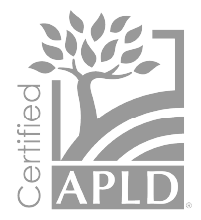No one knows how long the Light-brown Apple Moth (Epiphyas postvittana, often abbreviated to LBAM) has been present in California. However, widespread confirmed insect captures have been found across much of the coastal region of the state.
Aerial spraying controversy
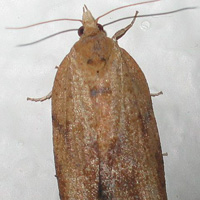
Other less controversial efforts included nursery and grower treatment of potential infestations in plants using graduated Integrated Pest Management (IPM) techniques with pesticides, smothering oils, and biologic controls such as Bacillus thuringiensis.
USDA officials obtained an Emergency Exemption from Registration from the U.S. Environmental Protection Agency that allowed them to bypass state rules for the use of pesticides, such as the production of a state-required environmental impact report.
Negative community reaction to the flawed policy
Public outcry has been significant, especially after an initial round of aerial spraying, when over 600 complaints of adverse health effects were reported to government agencies and local groups opposing the aerial spraying.Medically documented confirmation of actual effect on health or causation of illness has not been provided by either the claimants or the state. On June 19, 2008 the State of California announced that it was abandoning plans for aerial spraying over population centers in favor of using local application of pheromone-impregnated twist-ties, a control measure that has proven effective in New Zealand.
Your turn to weigh in
Are you opposed to this program? Have you been affected by airborne pesticides? Share your opinions and let us know if you think this is effective or a misguided regulatory boondoggle.As the Founder of Pacific Nurseries, Don Baldocchi gets satisfaction from knowing the Bay Area is greener and more beautiful by helping landscape professionals succeed. Email Don or give him a call at 650.755.2330.

